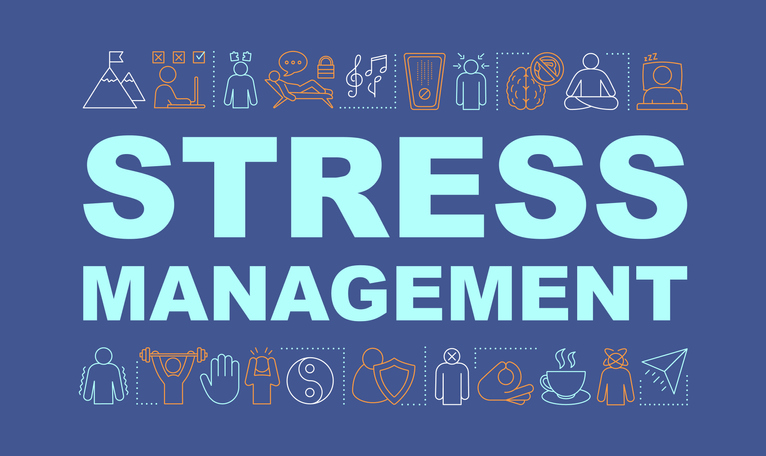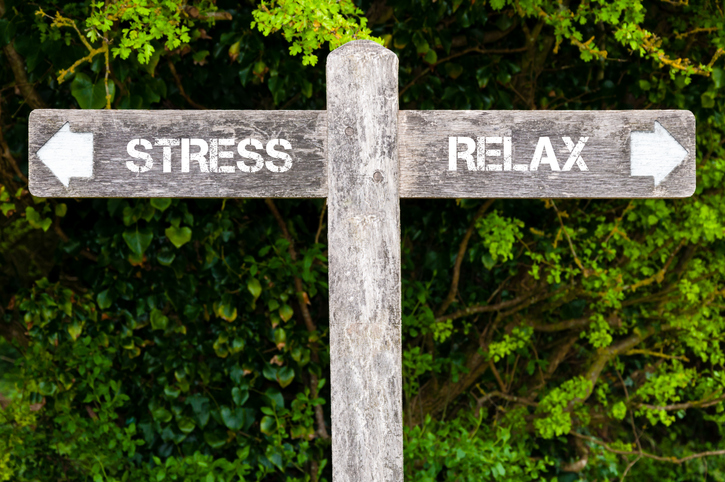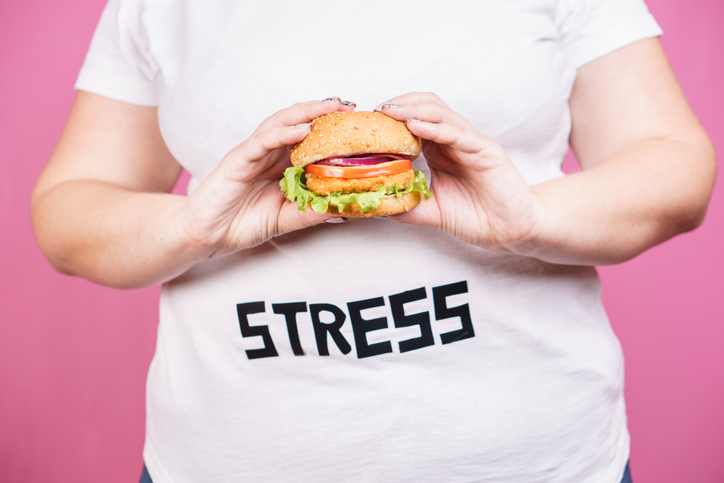Wellness
Reduce Stress to Decrease Pain

Many people do not realize that stress can increase pain. Stress can cause not only emotional responses but physical responses too. Oftentimes, chronic pain and stress occur together; one leads to the other, and it becomes a vicious cycle. Pain causes stress, and stress causes pain.
To reduce pain, reduce stress
Studies show that if an individual has depression or anxiety, they are more likely to suffer from chronic pain. However, the link between the two is still uncertain. For example, people often deal with neck, shoulder and back pain due to stress. This could be a result of brain chemicals, or it could be a result of stress causing tension in the muscles. The brain tries to inhibit and minimize pain signals; however, if stress is chronic, then the brain's ability to filter continuing pain signals fails and pain increases.
Some easy-to-follow tips to reduce stress include the following:
Exercising reduces stress levels. Incorporating some sort of exercise into a daily routine helps combat stress. Consulting a health care provider to discuss what type of exercises are appropriate for specific chronic pain conditions is a good first step.
- Getting proper sleep rejuvenates the body and mind.
- Making time for enjoyable and relaxing activities helps decrease stress.
- Doing yoga, meditation or deep breathing relaxes the mind and body. These exercises reduce stress levels.
- Visiting a mental health care provider helps individuals learn coping tools and stress management strategies.


















